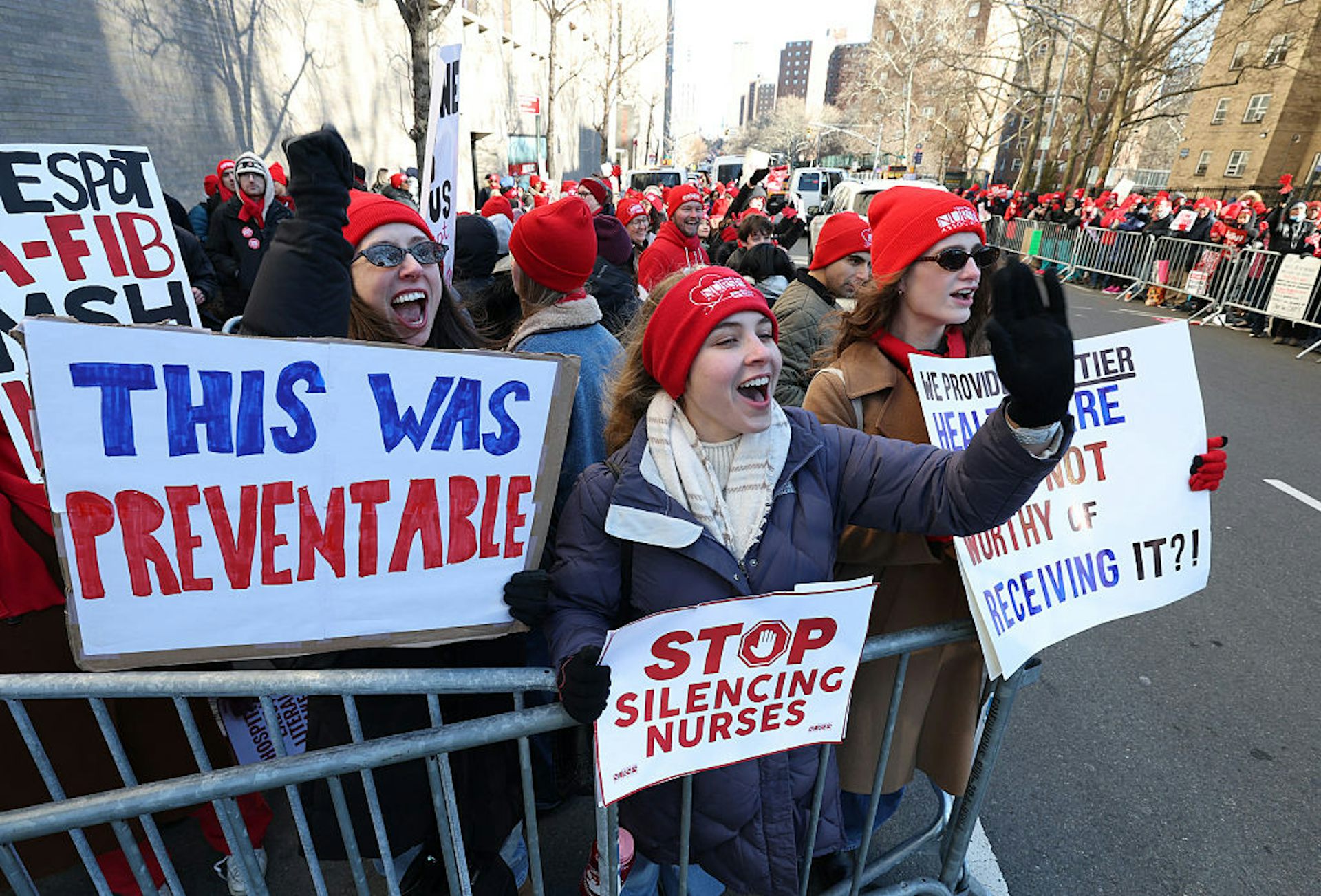Harassment and abuse perceived to harm poor women less − new research finds a 'thicker skin' bias
While women in poverty are more likely to experience sexual harassment and domestic abuse than higher-income women, people assume it is less distressing for them.
People think sexual harassment and domestic abuse are less harmful for women in poverty than for higher-income women, according to four studies involving 3,052 Americans conducted by my colleagues and me. We also found that people believe women in poverty require less help and support when experiencing these kinds of sexual misconduct.
My research partners and I recruited participants of different ages, genders and incomes. We asked them to read about either a low-income woman or a high-income woman who was dealing with workplace sexual harassment or intimate partner abuse. Then we had participants rate how distressing these instances would be for the woman.
The harassment events described inappropriate behavior from a co-worker, such as sexual comments and unwanted advances, while domestic abuse events included threats, demeaning comments and physical violence from the woman’s partner. In some of the studies, participants also rated how much social support or bystander intervention would be necessary for these events.
Our participants rated the harassment and abuse events as less upsetting for the lower-income woman than for the higher-income woman. They also thought the lower-income woman would need less emotional support from friends and family and less help from bystanders than the higher-income woman. On average, participants thought she needed only 85% as much help as her higher-income counterpart.
The result was the same whether the woman was white, Black, East Asian or Latina. Both low- and high-income study participants shared this pattern of judgment – as did male and female participants.
Why it matters
There is no data that shows lower-income women are less affected by gender-based violence – in fact, there is evidence they are often more affected.
Women in poverty are more likely to experience sexual harassment and domestic abuse – and have more difficulty finding support after experiencing sexual misconduct. Our research suggests that stereotypes about toughness may contribute to the neglect low-income women encounter when they seek help after violence.
It isn’t that study participants didn’t like the low-income woman. In fact, in our studies, participants rated the low-income woman as friendlier and warmer than the higher-income woman. But liking the low-income woman didn’t prevent participants from thinking the harassment and abuse would be less harmful for her.
Such perceptions may have wide-ranging consequences. For example, low-income women may not receive the care they need from those around them. They also may be disproportionately neglected by those in powerful positions, such as human resources managers and police investigating domestic abuse.
Biased perceptions may help explain why lower-income women encounter more barriers in the legal system.
Already, the neglect of low-income women has been effectively part of U.S. federal workplace law based on several rulings from courts hearing sexual harassment claims. For example, in the 1995 case Gross v. Burggraf, the court ruled that sexually harassing behaviors in a “white collar” workplace do not necessarily qualify as harassment in “blue collar” contexts like construction sites.
This logic echoes our study participants’ judgments – and also partially explains why low-income women have spoken out about being sidelined by the #MeToo movement.
What other research is being done
Our research fits with a growing body of work examining beliefs around experiencing adversity. People seem to widely endorse the idea “what doesn’t kill you makes you stronger.” Individuals who have experienced past hardship, such as women experiencing financial difficulties, are perceived by others to have grown a “thicker skin,” making them less affected by new negative events.
Our findings show this kind of bias exists for low-income women – and highlight the need for strategies to counteract this biased belief.
The Research Brief is a short take on interesting academic work.
Nathan Cheek received funding from the National Science Foundation.
Read These Next
Why US third parties perform best in the Northeast
Many Americans are unhappy with the two major parties but seldom support alternatives. New England is…
Abortion laws show that public policy doesn’t always line up with public opinion
Polls indicate majority support for abortion rights in most states, but laws differ greatly between…
Detroit was once home to 18 Black-led hospitals – here’s how to understand their rise and fall
In the early 20th century, Detroit’s Black medical professionals created a network of health care…






